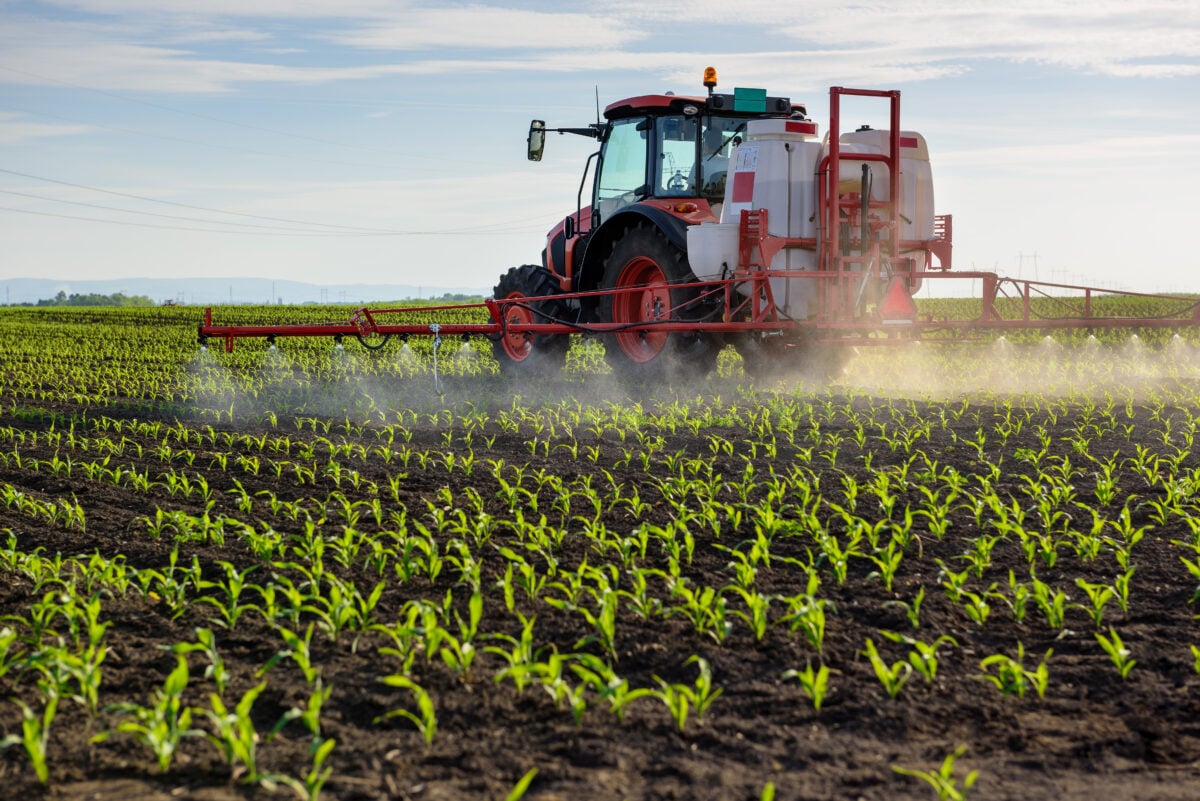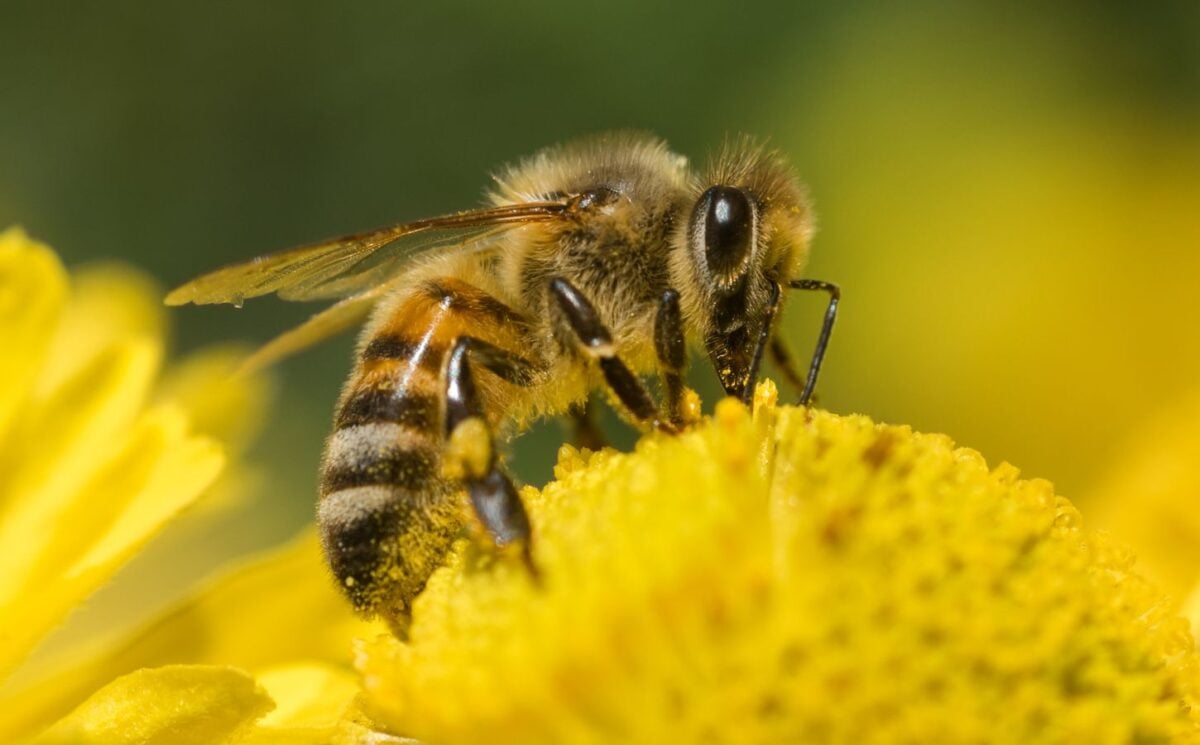Pesticides used in agriculture are deadly to bees, who play a crucial role in pollinating plants and crops. Now, scientists believe that they’ve managed to create a “vaccine” that can protect bees from these toxic chemicals.
Read more: Bees Feel Pain And Should Be Included In Welfare Laws, New Research Finds
Biologists from Cornell University in the US created ingestible hydrogel microparticles. They fed them in sugar water to common eastern bumblebees who had been exposed to lethal and sublethal doses of imidacloprid, one of the neonicotinoid group of pesticides. The bees exposed to the lethal dose had a 30 percent higher survival rate after ingesting the microparticles. Those exposed to the sublethal dose had improved appetites and physical activity.
Just one teaspoon of these pesticides can kill 1.25 billion honeybees and are deadly or harmful to many other pollinators and animals. They impair bees’ nervous systems, causing paralysis and death. If the bees don’t die, neonicotinoids diminish their foraging abilities, brain functioning, and immune systems.
The hydrogel microparticles work by binding to the pesticides. They then pass together through the bee’s digestive tract and the bee poops it out. The researchers want to try the method with honeybees, which is the main species of bee used commercially to pollinate crops.
Repeated exposure

The study used a single dose of imidacloprid, which it noted does not reflect real-world bee exposure to pesticides. In reality, bees will be exposed to a combination of pesticides multiple times. So more research would be needed into how the microparticles behave with a mix of chemicals.
Read more: Are Almonds Really Unethical? The Truth About Their Bad Rep
There is also a question of how the microparticles would be fed to bees. The researchers suggest they could be added to products already used in apiculture, such as pollen patties and syrup supplements.
Neonicotinoids are banned in the EU but are widely used in the US. The previous UK government also granted emergency authorization for their use on sugar beet crops in 2023 and 2024.
Read more: Is Honey Vegan? How And Why Bees Make It, Plus 17 Substitutes






